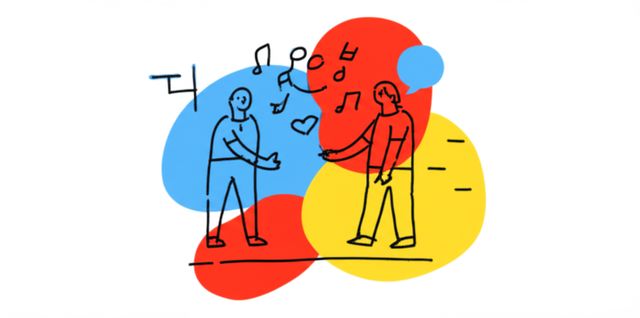Audio Generation
Audio Generation is the process of creating new audio content using computer algorithms. This can involve generating entirely new pieces of music, or it can involve modifying existing audio content to create new and interesting sounds. Audio Generation is a rapidly growing field, and it has a wide range of applications, including music production, sound design, and film and television production.
Why Learn Audio Generation?
There are many reasons why you might want to learn about Audio Generation. Perhaps you are a musician who wants to create your own unique sound, or perhaps you are a sound designer who wants to create realistic sound effects for a film or video game. Audio Generation can also be a valuable skill for researchers and scientists who need to analyze and manipulate audio data.
How to Learn Audio Generation
There are many ways to learn about Audio Generation. You can take online courses, read books and articles, and experiment with different software programs. There are also many workshops and conferences where you can learn from experienced professionals. Here are a few tips to help you get started:
- Start by learning the basics of music theory and sound design.
- Experiment with different software programs for Audio Generation.
- Attend workshops and conferences to learn from experienced professionals.
- Share your work with others and get feedback.
Careers in Audio Generation
There are a number of different careers that you can pursue with a background in Audio Generation. Here are a few examples:
- Music producer
- Sound designer
- Audio engineer
- Composer
- Software developer
Tools and Software for Audio Generation
There are a number of different software programs that you can use for Audio Generation. Here are a few of the most popular:
- Ableton Live
- FL Studio
- Logic Pro
- GarageBand
- Audacity
Benefits of Learning Audio Generation
There are many benefits to learning about Audio Generation. Here are a few of the most important:
- You can create your own unique sound.
- You can create realistic sound effects for film and video games.
- You can analyze and manipulate audio data.
Projects to Pursue in Audio Generation
There are many different projects that you can pursue to further your learning in Audio Generation. Here are a few ideas:
- Create a song or piece of music.
- Design sound effects for a film or video game.
- Develop a new software program for Audio Generation.
- Write a paper or article about Audio Generation.
Personality Traits and Interests for Audio Generation
There are a number of different personality traits and interests that are well-suited to learning about Audio Generation. Here are a few of the most important:
- Creativity
- Problem-solving skills
- Attention to detail
- A love of music
How Online Courses Can Help You Learn Audio Generation
Online courses can be a great way to learn about Audio Generation. Here are a few of the benefits of taking an online course:
- You can learn at your own pace.
- You can access the course materials from anywhere.
- You can interact with other students and instructors.
- You can get feedback on your work.
Conclusion
Audio Generation is a rapidly growing field with a wide range of applications. If you are interested in creating your own unique sound, or if you want to learn how to create realistic sound effects for film and video games, then Audio Generation is a great skill to learn. There are many different ways to learn about Audio Generation, including online courses, books, and workshops. With a little effort, you can master the basics of Audio Generation and start creating your own unique sounds.


